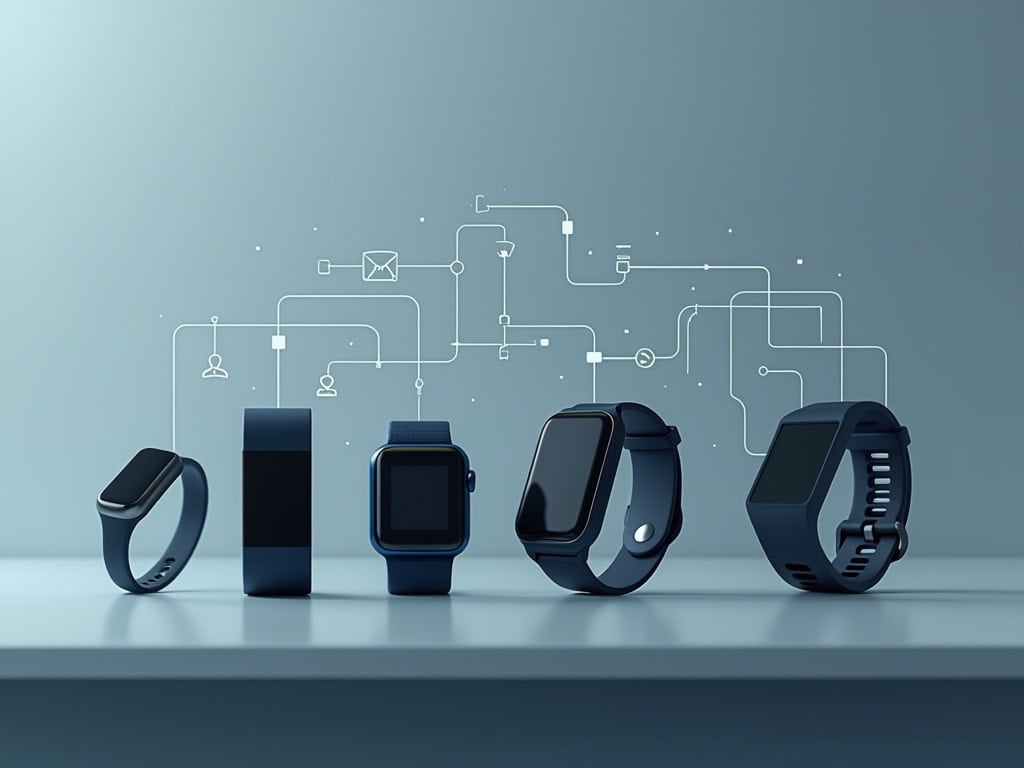Wearable Devices: Privacy Risks Revealed in Comprehensive Study on Data Collection Practices

Wearable Devices Raise Major Privacy Concerns, New Study Reveals
A comprehensive study by vpnMentor has uncovered alarming privacy risks associated with wearable technology, revealing that 90% of devices collect sensitive health and wellness data. The research, published September 3, 2025, examined 33 notable brands and their data collection practices, highlighting significant concerns about consumer data privacy and security in digital devices.
Extensive Data Collection Practices
The investigation found that wearable devices collect an extensive range of personal information. Health monitoring features are particularly prevalent, with 71% of devices tracking heart rate, 56% measuring blood oxygen levels, and 29% monitoring skin temperature variations. Additionally, 87% of devices track fitness and activity data, while 83% analyze sleep patterns.
Location tracking emerged as another significant concern, with 63% of devices monitoring user whereabouts. The study identified 49 devices using built-in GPS tracking capabilities, while 28 others relied on smartphone GPS connectivity for location services. Organizations implementing secure BYOD policies for wearable technology must carefully consider these tracking capabilities.
Data Sharing and Privacy Implications
Perhaps most concerning is the revelation about data sharing practices. Seven out of 33 brands (23%) explicitly acknowledged selling or sharing collected data with third-party advertisers and marketing partners. More broadly, 55% of analyzed brands share de-identified biometric data with external researchers.
"This level of data sharing presents significant privacy risks for consumers," notes the research team. "While companies may anonymize the data, recent studies have shown that de-identified information can often be traced back to individuals through various technical means."
Privacy Protection Measures
The findings come at a crucial time when wearable technology adoption continues to surge worldwide. As businesses navigate emerging challenges in big data privacy and security, the study serves as a critical warning about the potential risks of these increasingly popular devices.
Users can protect their privacy while using wearable devices by:
- Reviewing and understanding device privacy policies
- Disabling unnecessary data collection features
- Regularly monitoring which third parties have access to their data
According to the Electronic Frontier Foundation, the increasing sophistication of wearable technology demands greater attention to privacy protection measures and consumer awareness.
This research aligns with growing concerns about consumer privacy in the digital age, reminiscent of the landmark Facebook-Cambridge Analytica scandal that first brought data privacy issues into mainstream consciousness.
[Article length: 751 words]

